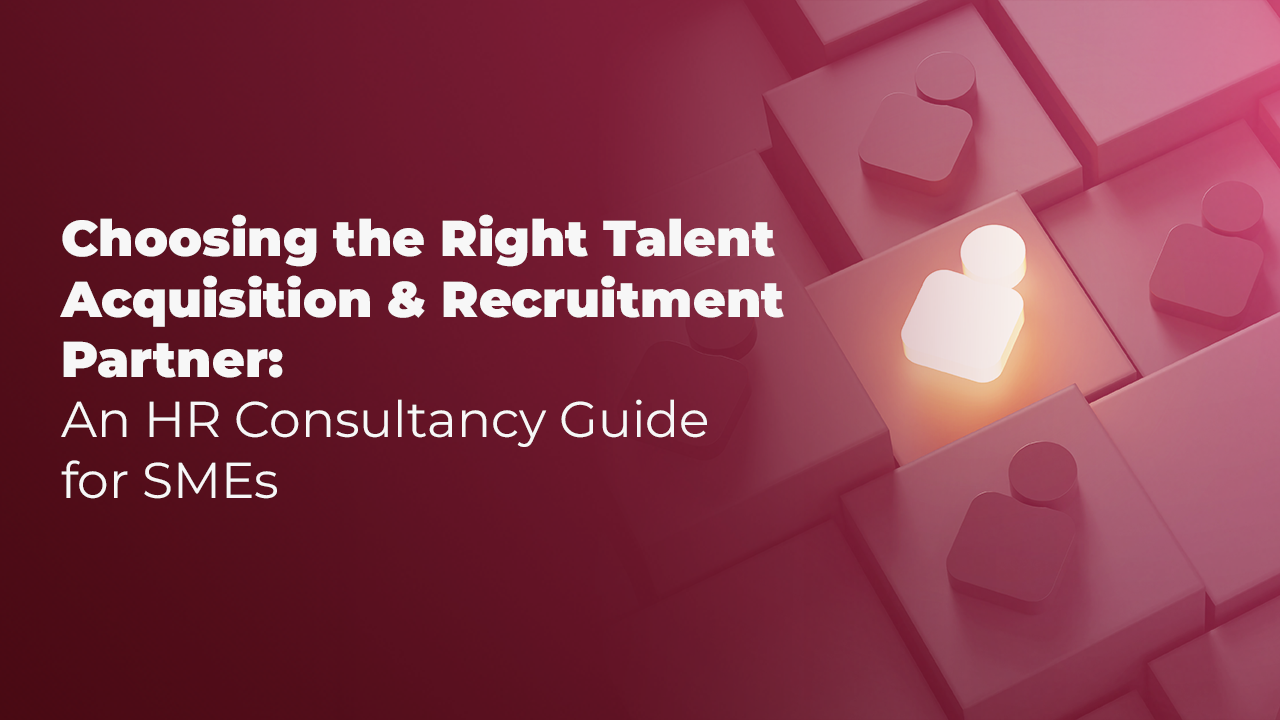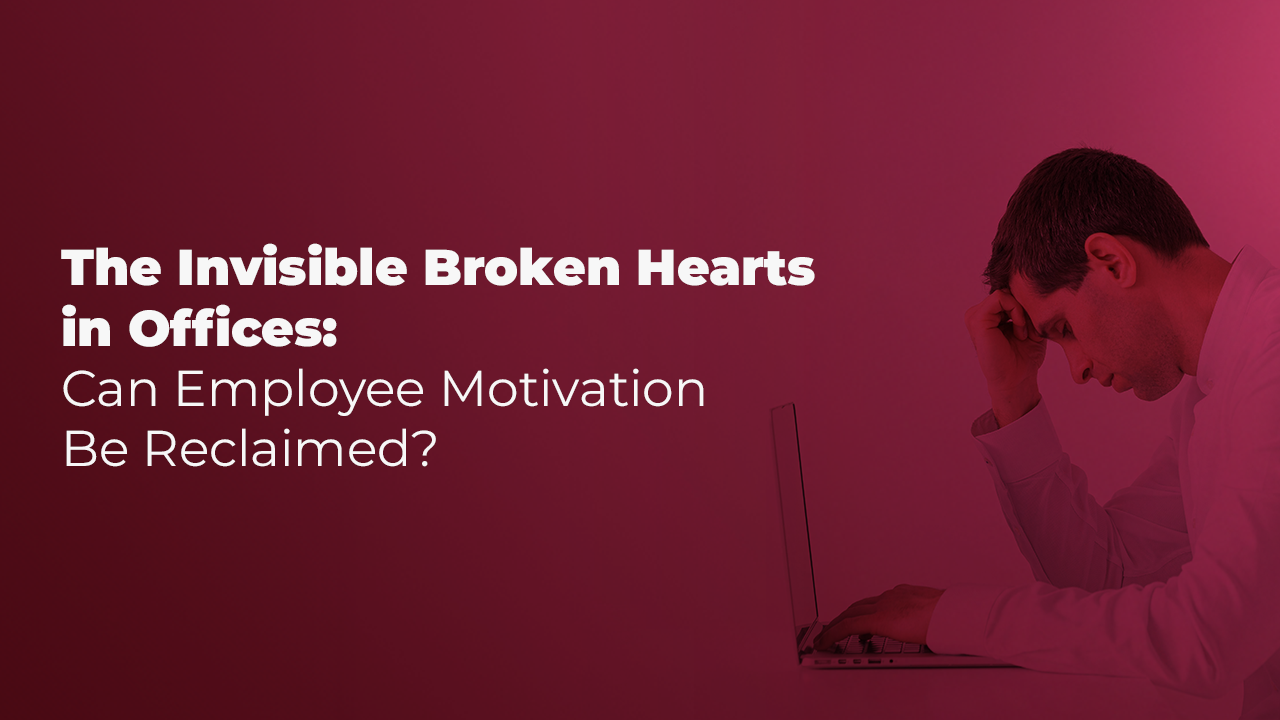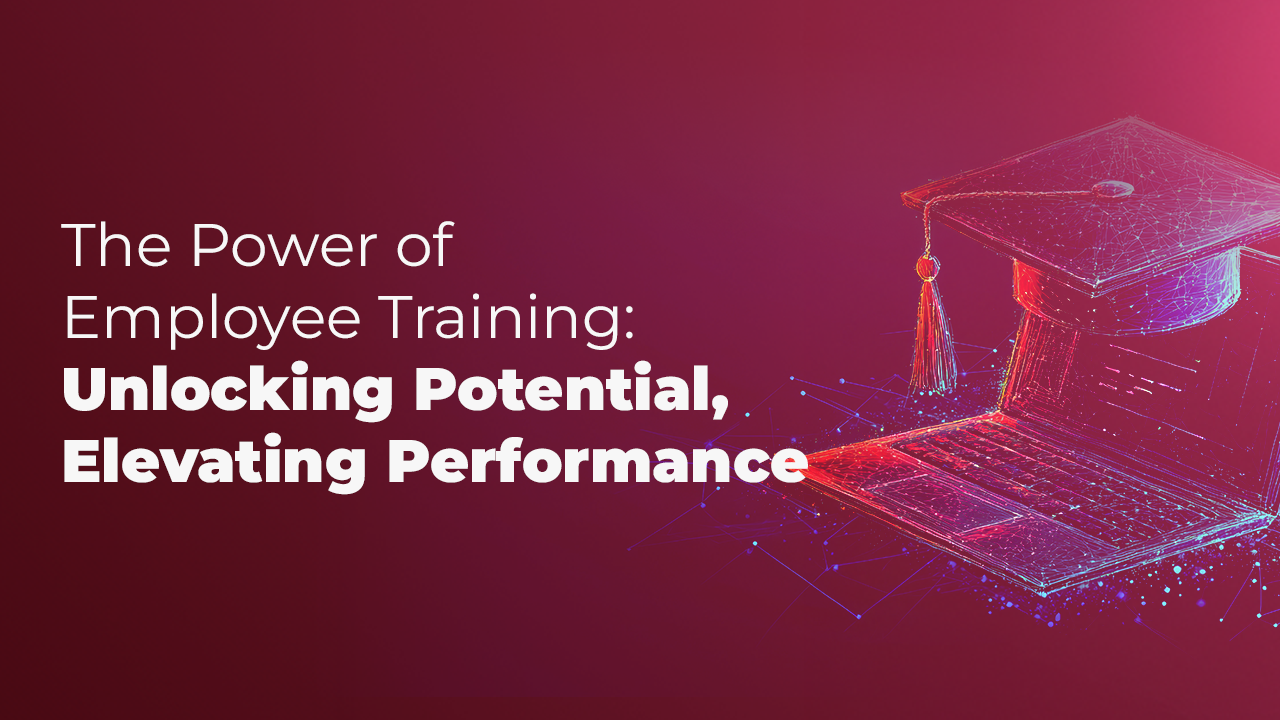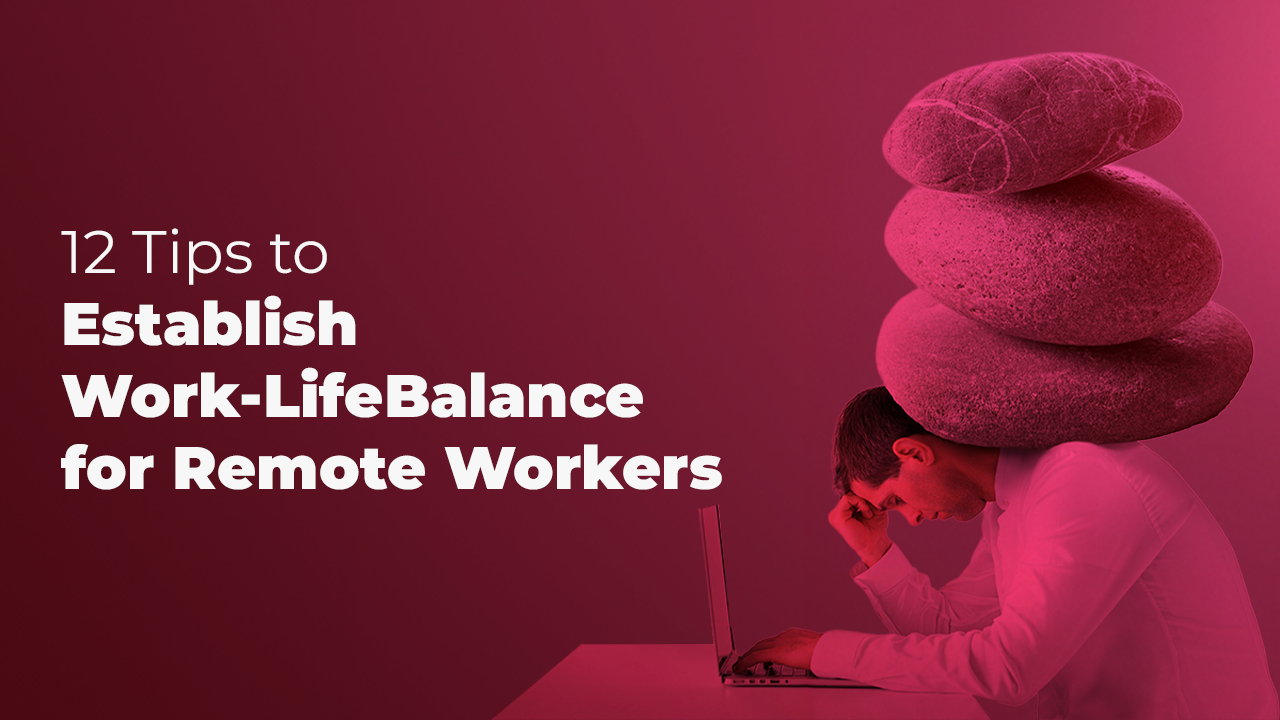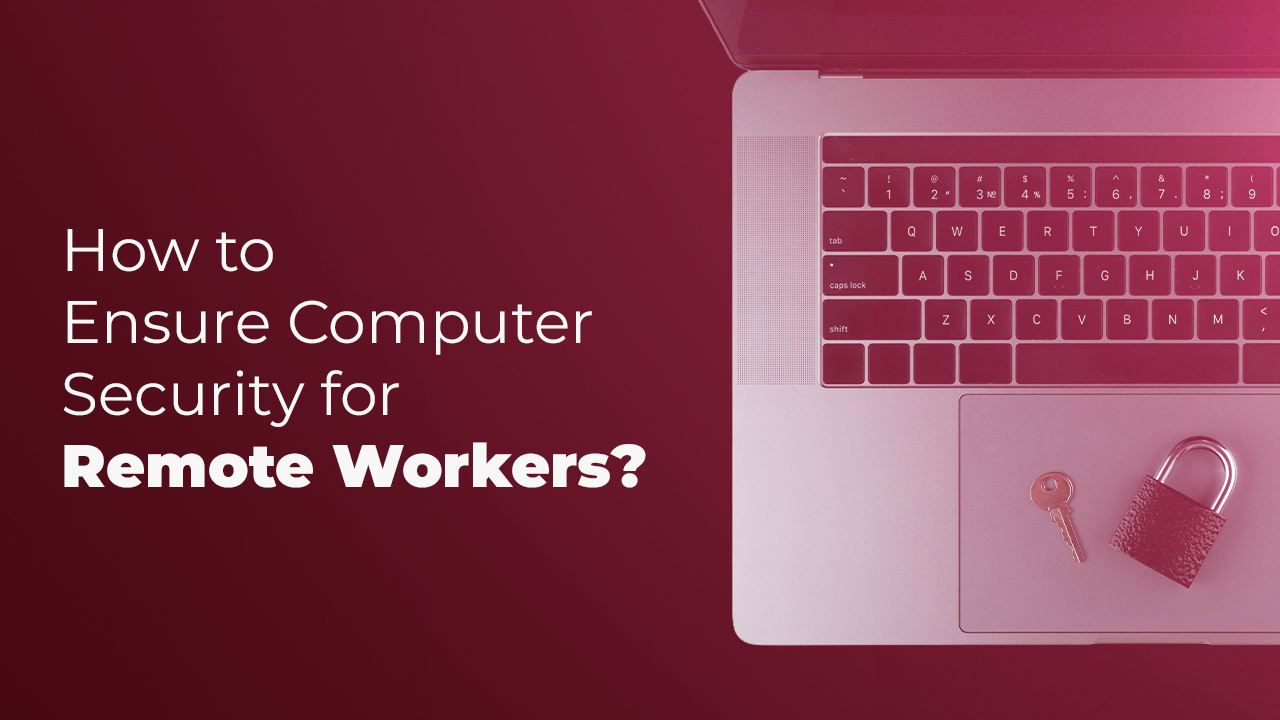Behind every thriving business is a group of people, and their growth defines the company’s success. Imagine a workplace where every individual feels empowered, confident, and valued—where employees are not just clocking in but are genuinely invested in the work they do. The secret to creating this environment? Training.
Employee training isn’t just about ticking boxes or following protocol. It’s about transforming lives, careers, and ultimately, the business itself. Here’s how investing in your people throtraining can make all the difference, not just in their performance but in the very heartbeat of your company.
Unleashing Potential: Performance Beyond Expectations
Every employee has untapped potential. With the right training, this potential can be unlocked, allowing individuals to not only meet expectations but exceed them. When employees feel confident in their skills, they tackle their tasks with energy and precision. They know how to navigate challenges and find solutions without hesitation. This isn’t just about getting the job done—it’s about doing it with passion and excellence.
Imagine the energy in a room after a team has just completed a training session. There’s a buzz of excitement, a shared sense of achievement, and an eagerness to apply what they’ve learned. They now have the tools to work faster, smarter, and with greater impact. It’s like watching someone who once doubted their abilities suddenly realize they can fly.
Quality Work: When Pride and Precision Meet
When employees are well-trained, they take pride in their work. They aren’t just completing tasks; they are crafting something they can be proud of. Whether it’s delivering a flawless client presentation or ensuring precision in a technical process, trained employees know the importance of quality.
Think about that moment when a team member finishes a project, knowing they’ve nailed it—every detail in place, every standard met. That sense of accomplishment radiates. It’s not just work; it’s personal. And that’s what training does—it gives people the knowledge and confidence to own their work, to care deeply about its outcome.
A Boost in Confidence: Engaged and Motivated Employees
Training isn’t just about learning skills—it’s about feeling seen, valued, and invested in. When companies prioritize training, employees feel they matter. It’s a powerful message: We believe in you. We’re here to help you grow. And that message changes everything.
Employees who feel supported are more engaged, more motivated, and more likely to go the extra mile. They don’t just work for the paycheck—they work because they care. They care about their growth, their contributions, and the success of the team. The result? A vibrant, collaborative work environment where everyone thrives together.
Adaptability and Innovation: Empowering People to Lead Change
The world is constantly changing, and so are the demands of the workplace. In this dynamic environment, training empowers employees to stay ahead of the curve. When employees are equipped with the latest knowledge and skills, they can confidently navigate change and even lead it.
But it goes beyond simply keeping up. Training fosters innovation. Employees who feel confident in their abilities are more likely to think creatively, challenge the status quo, and push the business forward. They don’t just adapt to change—they drive it.
A Human Connection: Building Loyalty and Reducing Turnover
There’s something profoundly human about training. It’s a form of connection, a way of saying, “We’re in this together.” When employees feel that their company is truly invested in their growth, they respond with loyalty and commitment.
Training can be the difference between an employee staying engaged and motivated for the long haul or feeling stagnant and searching for opportunities elsewhere. It’s about nurturing a relationship built on mutual trust and respect, creating an environment where employees feel proud to contribute and be part of something bigger than themselves.
Training: The Gift that Keeps on Giving
It’s easy to think of training as an expense. But in reality, it’s one of the most valuable investments a company can make. Trained employees make fewer mistakes, require less supervision, and perform with a level of confidence that radiates through their work. And let’s not forget the long-term impact—well-trained employees become the backbone of a company’s growth.
Companies that prioritize training don’t just see a boost in productivity—they see happier employees, improved morale, and a workplace culture that people want to be part of. They see innovation, adaptability, and long-term success. In short, they see a thriving, resilient organization that can weather any storm.
A Future Full of Possibilities
Training is more than a checkbox. It’s a pathway to empowerment, growth, and transformation. It’s the fuel that lights up passion and purpose within every employee. It’s the difference between a job done and a job done well—with pride, precision, and heart.
As a Human Resources consultancy firm, we’ve witnessed the ripple effect that well-executed training programs have on employees and businesses alike. When you invest in your people, you’re investing in a brighter future for your entire organization. Training isn’t just about today—it’s about building a company where employees are not just surviving, but truly thriving.
So, let’s create workplaces where every employee feels empowered, engaged, and excited about the work they do. Let’s prioritize training and watch as it transforms not just performance and quality, but the very spirit of the company itself. But how? How can we create a workplace where every employee feels great?
Empowering employees is about much more than handing them a set of tasks to complete. It’s about giving them the autonomy, trust, and resources they need to take ownership of their roles, make decisions, and drive the business forward. Building an empowering workplace culture requires intentional effort, where every team member feels their contributions matter and their potential is recognized. So, how do you create such an environment? Here are some key strategies.
Foster Open Communication and Transparency
One of the foundational elements of empowerment is open, honest communication. Employees need to feel comfortable sharing their ideas, concerns, and feedback without fear of judgment or retaliation. Leaders can promote this by creating platforms for regular dialogue, whether through open-door policies, anonymous feedback channels, or frequent team meetings where everyone’s input is encouraged.
Transparency is equally important. Employees need to understand the “why” behind decisions. When they are given the context—such as the company’s vision, goals, and challenges—they feel more connected to the broader mission. This transparency builds trust and allows employees to see how their individual efforts contribute to the organization’s success.
Provide Continuous Learning and Development Opportunities
Empowered employees are those who feel confident in their skills and knowledge. But confidence doesn’t come from stagnation—it comes from growth. Companies that prioritize continuous learning and development foster a culture where employees are not just doing their jobs, but constantly learning new things, sharpening their skills, and preparing for future challenges.
Offering regular training programs, mentoring, and opportunities to attend industry conferences or workshops shows that you believe in your employees’ potential and are willing to invest in their growth. Additionally, offering a mix of both technical training and soft skills development—such as leadership, communication, and problem-solving—helps employees grow holistically, positioning them to take on greater responsibility and contribute at higher levels.
Encourage Autonomy and Decision-Making
Micromanagement is the enemy of empowerment. Employees who feel they are being constantly monitored or second-guessed lose motivation and confidence. Instead, companies should focus on giving employees the autonomy to make decisions within their roles. This doesn’t mean leaving them unsupported—it’s about striking a balance between guidance and freedom.
When employees are trusted to make decisions, they take ownership of their work and feel more invested in the outcome. Leaders can support this by delegating meaningful responsibilities, providing the necessary tools, and encouraging employees to take calculated risks. Even if mistakes are made, they become opportunities for learning rather than punitive moments, reinforcing a culture of growth and resilience.
Recognize and Celebrate Contributions
Nothing feels more empowering than knowing your efforts are noticed and appreciated. Recognition, whether in the form of a simple thank-you or a more formal reward, reinforces positive behaviors and makes employees feel valued. A culture of recognition creates a sense of belonging and pride, motivating employees to continue performing at their best.
Recognition doesn’t always need to be monetary—though financial rewards can be powerful motivators. Publicly acknowledging employees in meetings, spotlighting their achievements in internal newsletters, or even offering flexible work schedules as a form of recognition for high performance can go a long way in making employees feel appreciated.
Promote Work-Life Balance and Wellbeing
Empowerment also comes from knowing that your well-being is a priority. A healthy work-life balance is crucial for employees to feel empowered in both their personal and professional lives. Overworked and burnt-out employees cannot perform at their best, no matter how much training or recognition they receive. By promoting policies that support work-life balance—such as flexible hours, remote working options, and mental health days—companies show that they care about their employees as individuals, not just as workers.
Offering wellness programs, encouraging breaks, and fostering a supportive environment where people feel safe to take time off when needed are all part of creating a culture where employees feel empowered to manage their own well-being.
Create a Culture of Inclusivity and Belonging
Finally, empowerment thrives in an environment where diversity and inclusivity are valued. Employees who feel seen and respected for their unique perspectives are more likely to bring their authentic selves to work, which leads to greater creativity and innovation. Companies should prioritize building diverse teams and ensure that every employee, regardless of their background, feels they belong.
This can be achieved through inclusive hiring practices, offering diversity training, and ensuring that voices from all levels and backgrounds are heard in decision-making processes. Empowering workplaces recognize that true strength lies in the variety of experiences and ideas that each employee brings to the table.
Empowerment is a Journey
Creating a workplace where every employee feels empowered doesn’t happen overnight—it’s a continuous process of listening, learning, and evolving. Companies that commit to this journey will not only see a more engaged and motivated workforce but also higher levels of performance, creativity, and loyalty. When employees feel empowered, they don’t just show up for work—they show up to make a difference. And that’s when organizations truly thrive.




